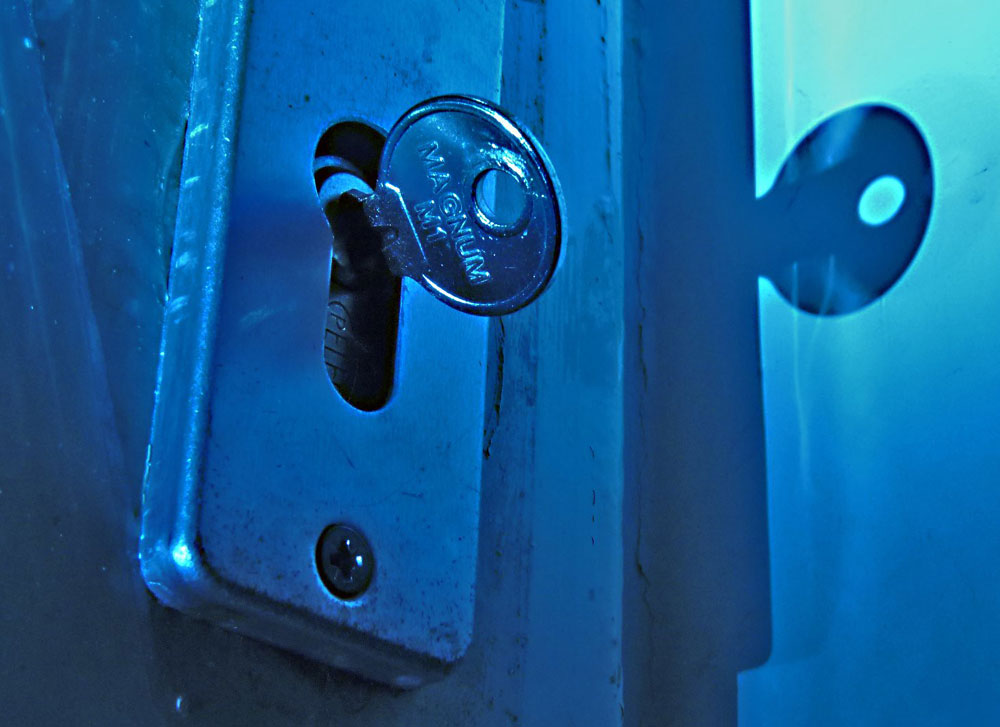
April 1, 2020; Washington Post
In Great Britain, the nation’s Conservative government acted last month to ban landlords from evicting tenants during the pandemic, at least for a 90-day period. In the US, sociologists Gianpaolo Baiocchi of New York University and Jacob Carlson at City University of New York have advocated in a New York Times op-ed that Congress “suspend rent payments and offer government-funded reimbursement to landlords” for a 90-day period. Some landlord groups, like the National Rental Home Council, have voiced support for this concept, while Rep. Maxine Waters (D-CA) has proposed spending $100 billion to cover rent and utility bills.
But none of this has happened yet. In the meantime, tenants, sometimes protected by state suspensions of evictions and sometimes not, are taking matters into their own hands. As a result, the rent strike, a protest strategy with roots in the early twentieth century, is making a return.
The “why” behind these actions is not difficult to discern. As record unemployment mounts, millions are filing for unemployment insurance—with payments to be boosted by $600 a week by the CARES Act passed last week. But when will the unemployed receive those payments?
Certainly, few got checks before their April rent was due. In California, a state with reportedly fewer problems than many in processing claims, the Legislative Analyst Office reports:
Expect Delays in Payment of UI Benefits to Workers. Under normal economic conditions, EDD [Employment Development Department] typically issues a worker their first week of benefits within 21 days of receiving a worker’s application about 80 percent of the time. Given the extraordinary number of applications received recently, as well as the expectation that claims will continue to increase over the coming weeks, the Legislature should anticipate that the first week of benefit payments will take much longer than 21 days.
In Politico, Megan Cassella and Katy Murphy add that “there are also huge numbers of workers who still don’t qualify for unemployment benefits even under the expanded program, and who thus will not be among those filing for claims. That includes people who voluntarily have left the workforce for any reason—and perhaps, for example, because they have to care for a sick family member, a child home from school, or because they are sick themselves from the coronavirus.”
Sam Bell, founder of the DC-based advocacy group Employ America, sardonically notes that it is “amazing that our central bank can get dollars to every financial corner of this earth, and our government cannot cut the unemployed a check.”
Sign up for our free newsletters
Subscribe to NPQ's newsletters to have our top stories delivered directly to your inbox.
By signing up, you agree to our privacy policy and terms of use, and to receive messages from NPQ and our partners.
And those one-time checks from the federal government? Those will take time to arrive too. Even if paid electronically, expect to wait until April 17th—if not much longer. And lest we forget, as NPQ observed a year ago, at least 40 percent of Americans live largely “paycheck to paycheck.”
Of course, some are still employed, have savings, can borrow money from friends, or negotiate private deals with landlords. Others with fewer options are organizing in cities across the country.
And it’s not just families. For example, Renae Merle, Heather Long, and Patricia Sullivan report for the Washington Post that the Cheesecake Factory restaurant chain “has said it won’t be paying April’s rent for its nearly 300 restaurants across the country due to the coronavirus.” They add that in interviews they found that people, whether “renting commercial property to run a restaurant or a one-bedroom apartment to live in,” found that landlord-provided options often “were limited and could leave them in worse financial condition later.”
Even in states that halt evictions, there is often a catch. As Merle, Long and Sullivan explain, “Both Maryland and Virginia, as well as the District of Columbia, have banned evictions at least through the end of April, but renters will still have to pay their bills when the bans are lifted, and they may have to pay additional fees.” Letters from property managers like one in Takoma Park, Maryland, that state, “Understand that rent is due and if not paid in the normal time frame, we will file on you in a court of law for non-payment of rent” do not help matters.
The Post team profiles Melissa Terry of Seattle, whose nanny business is on hiatus due to the pandemic. Her landlord offered a deferral, but that would leave Terry, who has outstanding student loans, further in debt.
“I have three kids. I am a single mom. I will be lucky to have good food. I am just not going to have money for rent in a few months,” she says.
Instead, the Post reports, “On Saturday, Terry sent her landlord a form letter recommended by a friend for people participating in rent strikes. She would pay 25 percent of her nearly $1,200-a-month rent until the end of the pandemic, with the remaining 75 percent of the amount forgiven. On Wednesday, she sent in $1 instead of her entire rent payment and said she would submit the rest of the lower amount if the landlord and building owner agreed.”
“I don’t have a lot to lose” by participating in the rent strike, she observes.—Steve Dubb













